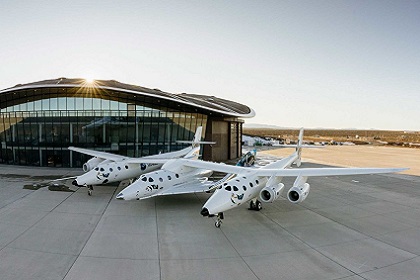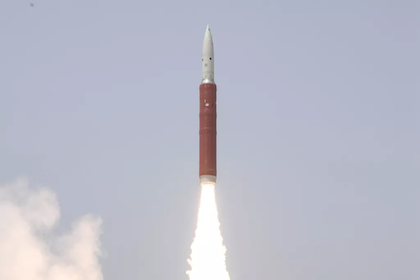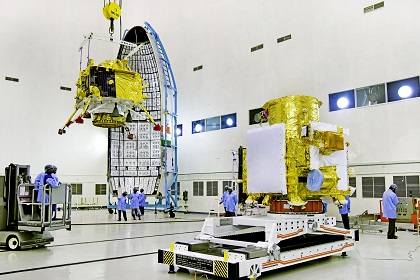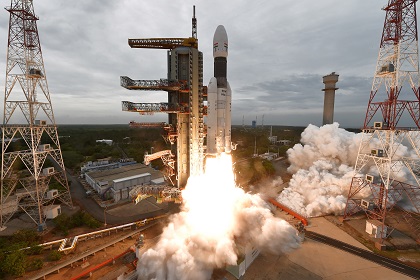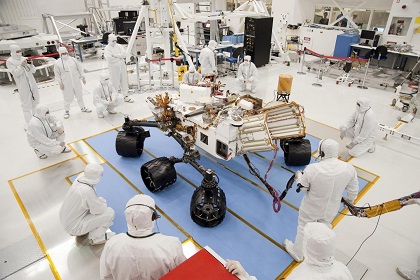UAE: Aerotropolis to Astropolis
After successfully developing Dubai and Abu Dhabi as aerotropoli or cities around an aviation hub the United Arab Emirates aims to become an astropolis, a hub of space tourism and human spaceflight. There is ample scope for UAE to cooperate on this with India, which is also its comprehensive strategic partner.

